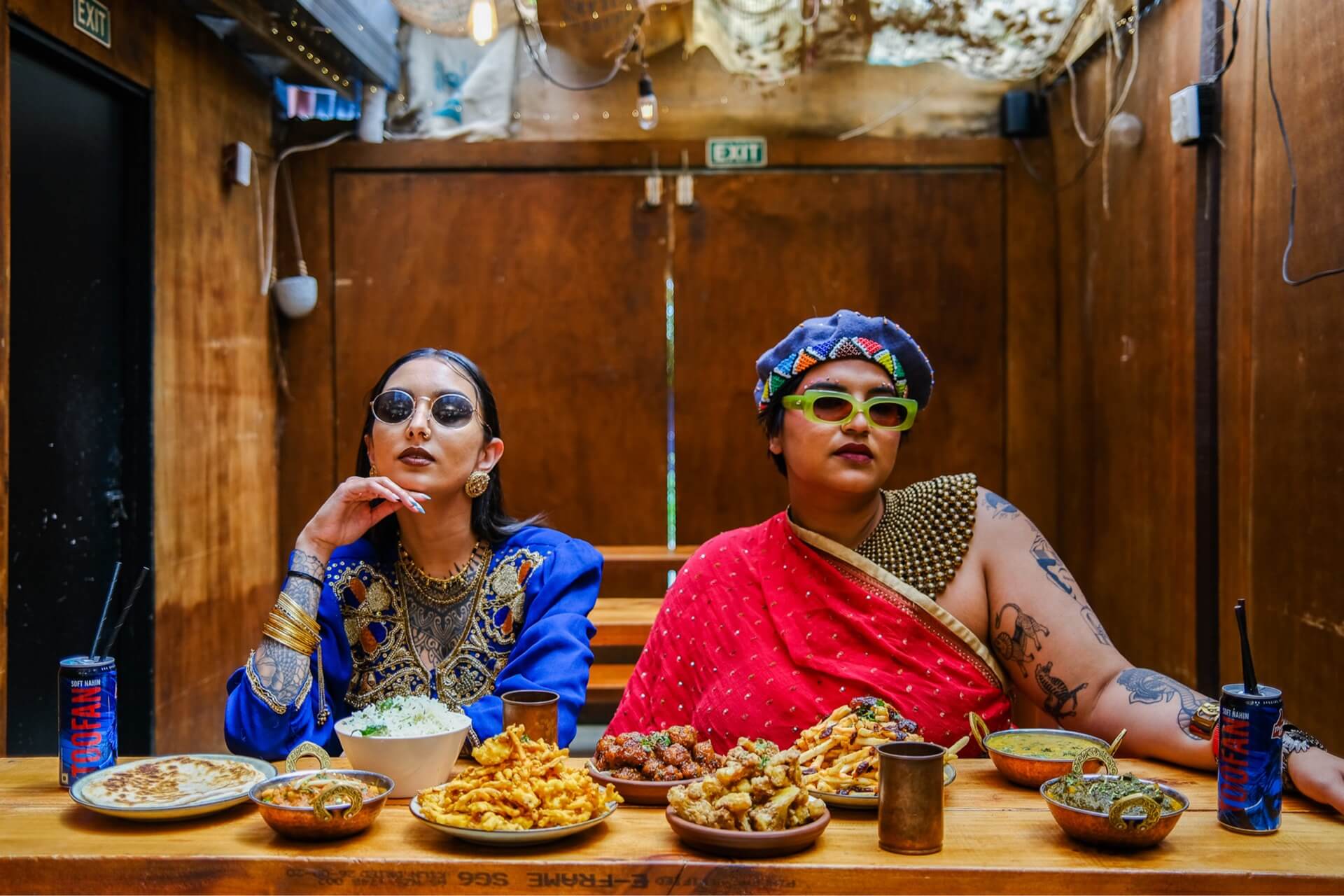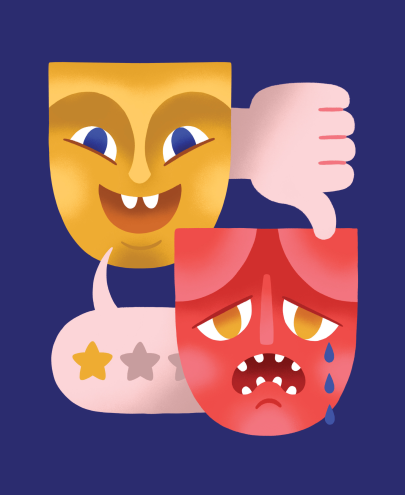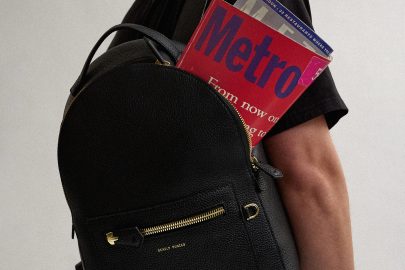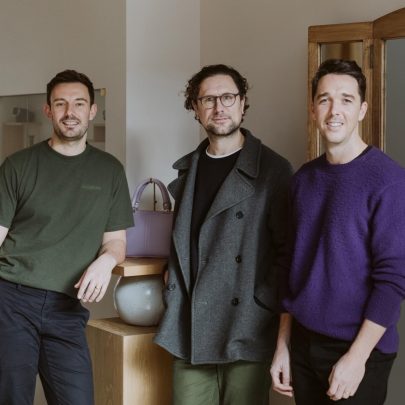May 9, 2024 Arts
Alesha: Let’s start with the big one — what is Aunty’s House?
Amita: Literally an Instagram page, ha ha! But figuratively, it stands for so much more than that. Aunty’s House is a community movement that connects, uplifts and empowers the South Asian diaspora of Aotearoa.
I’ve always known of so many epic South Asian creatives, from artists and documenters to business owners and producers — we really are out here creating such amazing things — but I could see there was an element missing, to showcase community in an engaging way. So with my love for community and my creative marketing, social media strategy and events background, the collective Aunty’s House was brought to life.
Aunty’s House actively vocalises our intention to allow South Asians, BIPOC, queer folks and allies to show up as themselves. Embracing culture with pride, tackling biases and life perceptions without judgement, our mission is to provide a healing space for those on a similar journey, eager to re-centre community and move away from individualistic narratives and colonial systems.
I remember when you first started Aunty’s House and we became friends online. You would send me sneak peeks of posts, and say you found inner child healing through that experience. Has that impacted the way you view community and community healing?
Majorly! Coming from an upbringing of trying to assimilate to whiteness, I’ve had to let go of relationships (friends, family, strangers I followed online, ha ha) to align my surroundings with the values I want for this world. You know that saying ‘You are the company you keep’ — I really sat with this sentiment and, with the help of therapy, pondered what and who I was being influenced by. By curating what I allowed into my life, surrounding myself with people who care about political changes, human rights, active communication and community, I surrendered to the process that led me to bring Aunty’s House to life.
When we say ‘community healing’, it’s being in vibration and being close to people with this thinking that is infectious and makes you see that it’s okay to live in a way away from individualism and towards the collective.
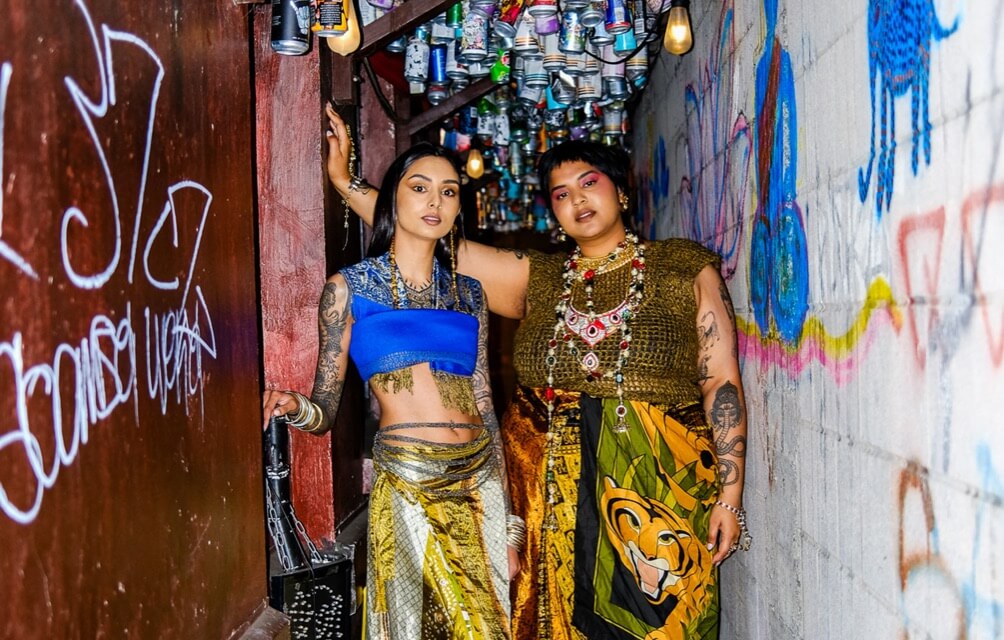
Yes, and in this vibration — especially when we come together at events — you can bring yourself as you are. You don’t have to wear anything in particular, speak in a certain way or hide parts of yourself. Which I, and I’m sure many others, sometimes have to do.
Yes! For a lot of us, we have lived with wearing masks to survive. Whether that be in our homes, with our peers or in an office where we’re the only brown person. When you come to an Aunty’s House event you can come maskless. You can come authentic. You can come as you are.
I should just confirm here when we say Aunty’s House, we’re not inferring an aunty of a particular gender. An aunty is an aunty. It’s gender fluid; a way of being that is caring and nurturing.
We are unpacking a lot, including the discussion of unlearning gender norms and roles, and what we’re seeing is that when people are in safety, their nervous system can feel calm enough to finally be allowed to take the mask down.
I think the Aunty’s House Safer Space Agreements allow us as a community to be really clear on what energy we would like in the space and to bring that energy with us into the community.
We are very clear that we have zero tolerance for things like classism, racism, competition and othering. We’re choosing to lean into respect, boundaries, accountability and growth. We are very pro-liberal left, and the priority is BIPOC queer allies. So, we make our agenda known to keep our priority focus safe. For example, with the ongoing genocide in Palestine, we made it clear that Aunty’s House stands in solidarity with Palestinians. From the river to the sea…
*Both*: Palestine will be free.
We’re not going to shy away from those sorts of conversations when it’s colonialism happening in 2023. Like, huh? The world is repeating itself over and over again. How do we change that?
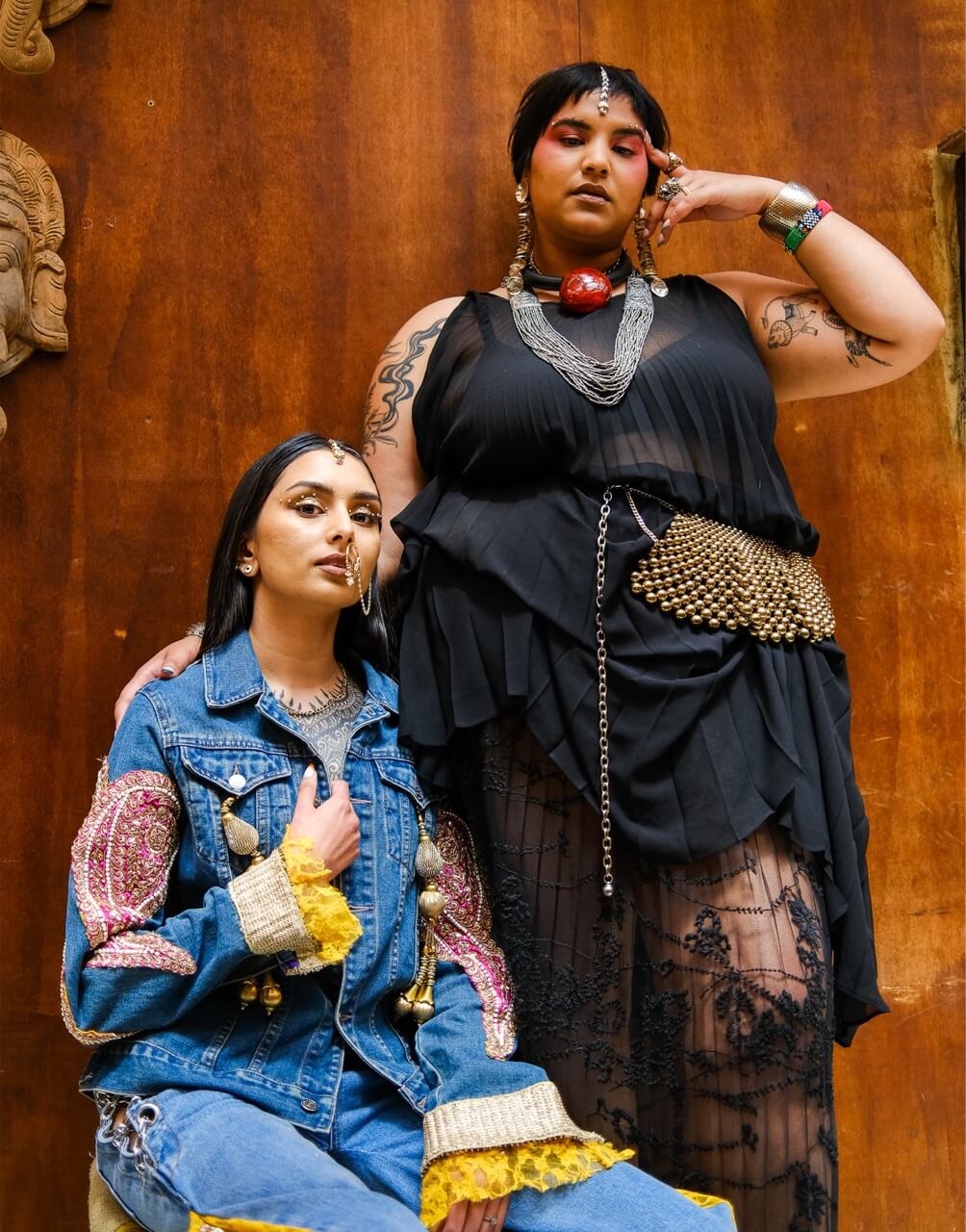
It starts with being really clear on your kaupapa and priorities, right? When we begin to understand this, we can start to see that we can’t do all of this alone. We need to be working as a community and collaborating to achieve this. What led you to collaborating with others?
Oh, this is great. Tying it into the earlier question: I surrounded myself with incredible change makers who were infectious to my way of working. I want to give a shout out to Makanaka Tuwe (community healer and founder of Sesa Mathlo), Shaquille Wasasala and Jess Bourke (founders of FILTH), Shakaiah Perez (founder of Pulotu Underworld), Proudly Asian Theatre, the Aotearoa vogueing community like Jaycee Tanuvasa, Cia Miller… I could honestly keep going on, but I have so many strong community leaders to thank for showcasing how culture and safety can be made a priority when building healing spaces on a deep and fundamental level and while being cool and current.
Aunty’s House is ultimately a collaboration — even for this Metro photoshoot we wanted to platform as much creative talent from the community as possible. Including phenomenal local designers Aditi Tiwari, Priya Patel (08.jewellery), Shivana Nicole (Birdie Nails), our stylist Annika Sethi, make-up artist Sarika, assistant Shruthi Priya Balaji, videographer Varun Chauhan, our ally Abigail Dell’Avo and our shoot location Satya Chai Lounge — together, we rise.
You were inspired by others to create a collective and to collaborate. Does that shape what you would hope for others, too?
Yes! Part of this rebrand is helping more people understand their power, so if you’re reading this and inspired by this mahi — please allow it to flow through you and CREATE, and let us know because we would love to witness you shine.
We have the ‘Get Involved’ segment on the Aunty’s House Instagram where we promote events run by other community members. From local art exhibitions, dance classes, panel events, paid opportunities, workshops and more, there are so many ways that we can get involved with each other that are not specifically Aunty’s House-run. Part of our mahi is letting people know what’s happening around Aotearoa.
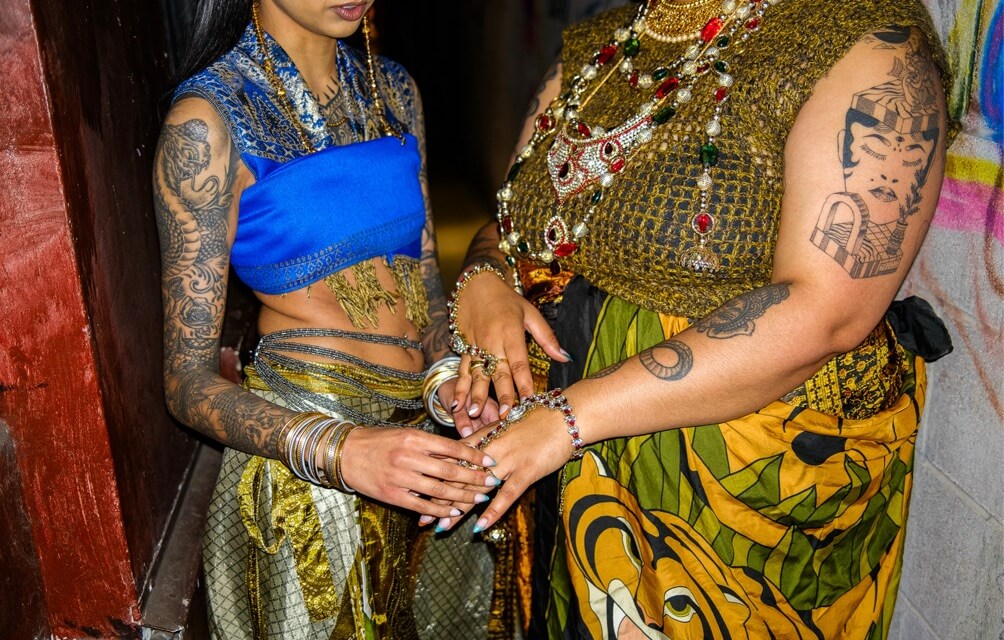
I feel like this is a call for others to rise up and be catalysts for change to bring community together. What do you envision for the future of Aunty’s House?
At the moment we work so fluidly and in flow with the universe’s divine timing that we’re very open to whatever might unfold — this is actually a really hard question. But as a sneak preview of what’s to come: we are in discussions about bringing a South Asian Wellness Festival that centres BIPOC — to help Google show brown people when you search the word ‘yoga’ — and a Chai Sessions rooftop DJ party featuring South Asian DJs and performers!
Ultimately, what I hope for the future is for more people to recognise their power, that there will be more collaboration, more community, more re-centring culture and all the pride within that.

